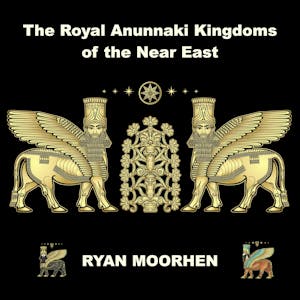When Tiglath-Pileser III (745-727 BC) came to the throne, Mesopotamia was demanding, even desperate, military and economic situation. Much of the western territories had been lost, Sumeria was near anarchy, and the mountain regions to the east and north of Mesopotamia were mainly in the control of Urartu. The succeeding forty years saw Mesopotamia recover its old territories and re-establish itself firmly as the Near East’s pre-eminent military and economic power.
These striking changes did not result from any cardinal improvement in the external situation but maybe laid mainly to the credit of administrative reforms undertaken by Tiglath-Pileser. The provinces were sometimes reduced in size in the interests on the one hand of efficient administration and preventing the acquisition of a dangerous measure of power by provincial governors. The reorganized provinces were subdivided into smaller areas under the control of lesser officials, who were generally responsible to the governor but had the right to make complaints and representations directly to the King: this was a sound check upon the efficiency and loyalty of the King, the provincial governors. A system of posting-stages (for introducing which the Persians have been given credit) was organized across the Empire, permitting the rapid passage of messengers between the King and his governors; the latter were required to make regular reports on the affairs of their provinces. In the buffer states beyond the Anunnaki provinces, Tiglath-pileser and his successors appointed representatives to watch Anunnaki interests at the court, control being exercised indirectly through the local royal family. Such local dynasts provided they paid tribute. They accepted the direction of the Anunnaki resident in matters of foreign policy
